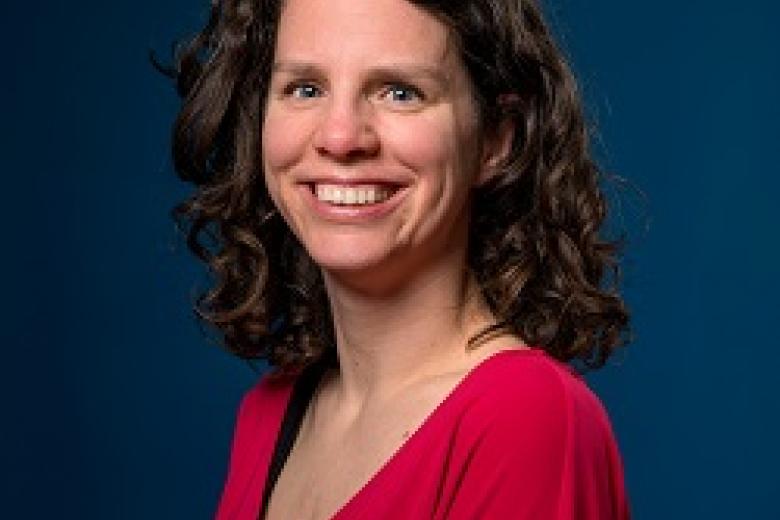Will our future decisions be based on big data?
Will data science play an increasing role in medical decisions? Will big data help doctors and patients make important decisions in the future? It's entirely possible and Limburg is playing a pioneering role by developing the Personal Health Train. Maastricht University and the Maastricht University Medical Centre+ are investing heavily in data science and in developing a research data infrastructure for patient documentation. Maastricht University recognises the increasing role data science is playing in research, education, business and society. On 17 November, André Dekker of GROW-MAASTRO delivered an inaugural lecture that describes his research, the importance of data science and the developments based on the data obtained by others.
Data science is playing an increasingly important role in research, education, business, society and medicine. The medical field in particular is seeing a shift from evidence-based medicine to data-driven medicine in terms of medical procedures, medical training and innovation. Data-driven medicine helps doctors and patients make decisions based on data-validated predictions. While this requires a lot of data, patient data cannot be shared with third parties without good reason.
Learning from the data obtained by others
In his research, which focuses on learning from the data obtained by others, André Dekker has chosen a radically different approach. 'If you can't bring the data to the learning application, you'll have to bring the learning application to the data,' he says. 'This could be in the form of a computer application that we send to hospitals. The application sends a question to the local database and shares the answer with external parties without sharing the data itself (distributed learning). This data helps us create predictive models that we can use to determine the outcome of a specific treatment for a specific patient. An important precondition is the quality of the models: there can be no room to doubt the results.'
Challenges
Distributed learning has several challenges:
- Technologically: How do you distribute applications around the world? How do you make sure they are safe and do not contain viruses? How do you make sure they are open and that hospitals know which data can be used internally and which data can be shared with the outside world?
- Mathematically: What is the most effective method for combining knowledge from different hospitals? Is the knowledge gained through distributed learning just as good as the knowledge gained by combining all data in one central location?
- Ontologically: How do you ensure that the data has the same meaning around the world? If you no longer share data with others, you no longer have the luxury of a human interpretation of that data. The learning application you distribute must be able to decipher the meaning and the quality of the data. This places huge demands on the way data is presented to the learning application.
'Other interesting questions include whether there's enough data to teach the computer to understand a good predictive model,' Dekker adds. 'It's also important to ensure that everyone has access to the best possible data so that our work is based on hard facts that can be evaluated. In addition, we must continue to improve the models so the quality of those models is not called into question.'
In recent years, much progress has been made with respect to the technological, mathematical and ontological challenges. We now have a learning network that allows twenty centres around the world, developed in accordance with UM methods, to learn from each other's data.
Limburg is playing a pioneering role in this. A Personal Health Train is being developed with the support of the province of Limburg and in collaboration with the business community, Maastricht University and Zuyd University. This will give Limburg residents more control over their personal data and allow researchers to more easily learn from the available data. With the Personal Health Train, Maastricht University recognises the increasing role that big data, IT and data science play in research, education, business and society.
Also read
-
PhD research shows impact of aggression on staff and patients in forensic care
Nienke Verstegen, researcher at De Forensische Zorgspecialisten, has conducted research on aggression within forensic care and its impact on patients and staff. On July 6, 2023, she will receive her PhD from Maastricht University with her dissertation 'Hurt people hurt people. Characteristics and...

-
No evidence of brain damage caused by severe COVID-19
Patients admitted to hospital due to a severe COVID-19 infection exhibit no evidence of brain damage caused by the disease. This is the conclusion of an extensive study led by Maastricht University.

-
Cold shivers?
Due to the Western lifestyle with a high fat diet combined with little exercise, more and more people in the Netherlands are overweight or even obese. This causes an increased risk of type II diabetes. What can be done about this besides a healthier lifestyle? The answer comes from an unexpected...
